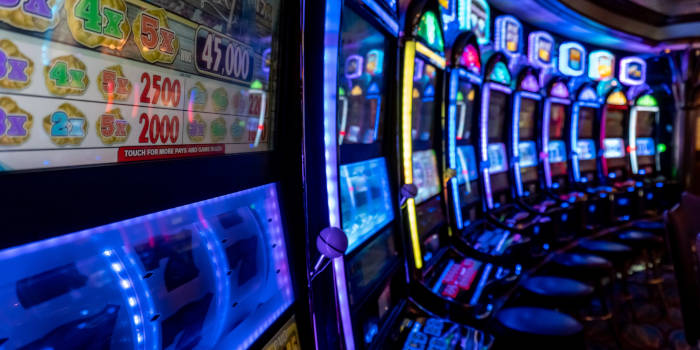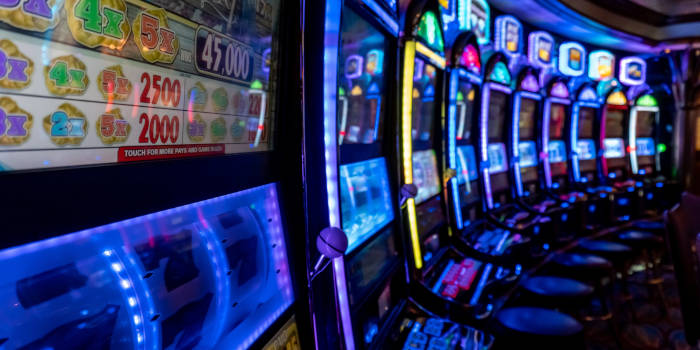The Florida House of Representatives has taken a significant step in combating illegal gambling operations within the state by advancing a bill aimed at cracking down on such activities. However, despite its progress, concerns linger regarding potential unintended consequences and the clarity of certain provisions.
Rep. Michelle Salzman’s Bill Advances in Florida House Despite Concerns
House Bill 189, sponsored by Rep. Michelle Salzman, garnered approval from the House Appropriations Committee following a thorough debate that highlighted various concerns, reported media outlet Florida Politics.
One major issue raised during the discussion was the possibility of inadvertently ensnaring unsuspecting individuals, particularly night managers, into legal trouble due to the broad language of the bill.
The proposed legislation seeks to impose harsher penalties for operating illegal gambling establishments, including those housing unauthorized slot machines. Additionally, it aims to deter such activities by prohibiting the advertising of unlicensed betting venues.
Rep. Salzman emphasized the importance of protecting consumers from the dangers of unregulated gambling, citing its links to illicit trades such as drug trafficking and human exploitation.
While the bill received committee approval, several members expressed reservations about its potential ramifications. Rep. Dan Daley, Christopher Benjami lodi777 n, Mike Gottlieb, and Patricia Williams raised concerns ranging from the broad scope of the language to the potential impact on unwitting individuals, such as low-level managers, who may not be aware of violations occurring on the premises they oversee.
Rep. Salzman Defends Controversial Bill Amidst Criticism Over Unintended Consequences
In response to these concerns, Rep. Salzman defended the bill, highlighting provisions intended to protect managers who are unaware of illegal activities taking place under their supervision. However, critics argued that despite potential legal defenses, the mere accusation of involvement in illegal gambling could have severe repercussions for individuals, affecting their future prospects and reputations.
Representatives of the amusement machine industry echoed these concerns, emphasizing the potential strain on local resources resulting from legal disputes arising from unintentional violations. Jonathan Zachem, representing the Amusement Machine Association of Florida, warned against the detrimental effects on small-scale operators caught in the crossfire of enforcement efforts.
Despite opposition, supporters of the bill argue that enhanced penalties and stricter enforcement are necessary to curb illicit gambling practices. Rep. Randy Fine emphasized the importance of maintaining regulatory oversight to prevent the proliferation of unregulated gambling activities.
As the bill progresses through the legislative process, it faces further scrutiny and deliberation. With similar legislation progressing in the Senate, the issue of illegal gambling remains a focal point of legislative action in Florida.


